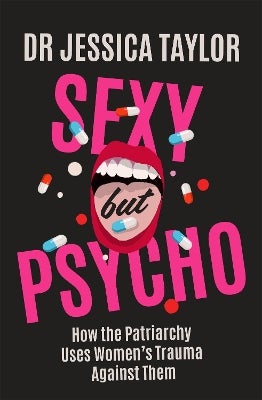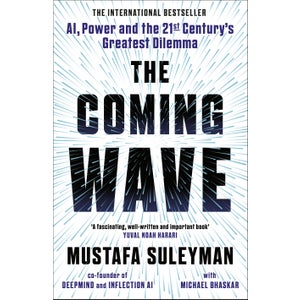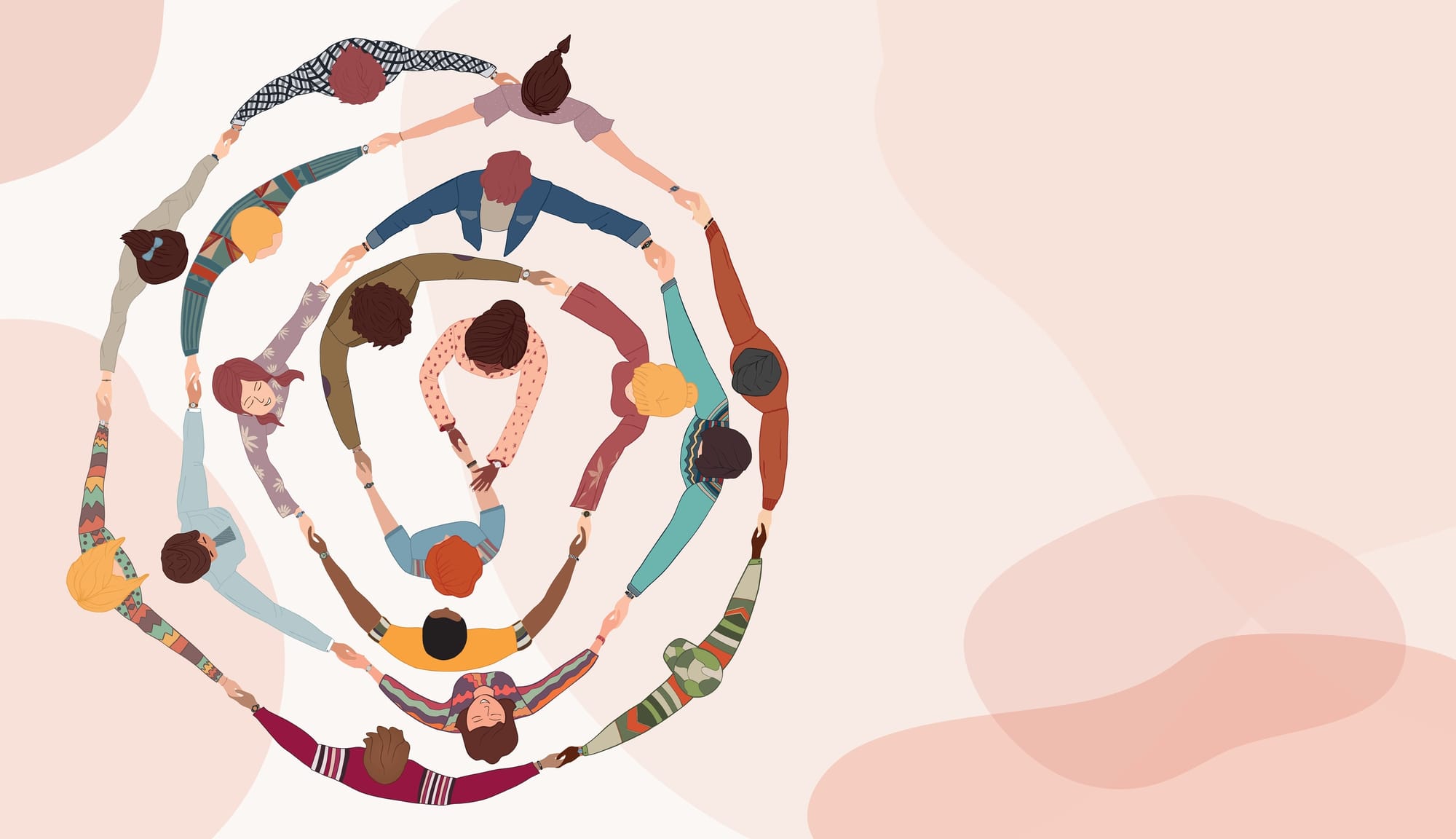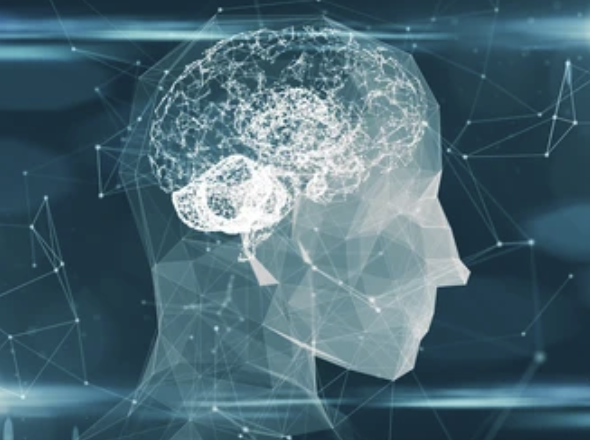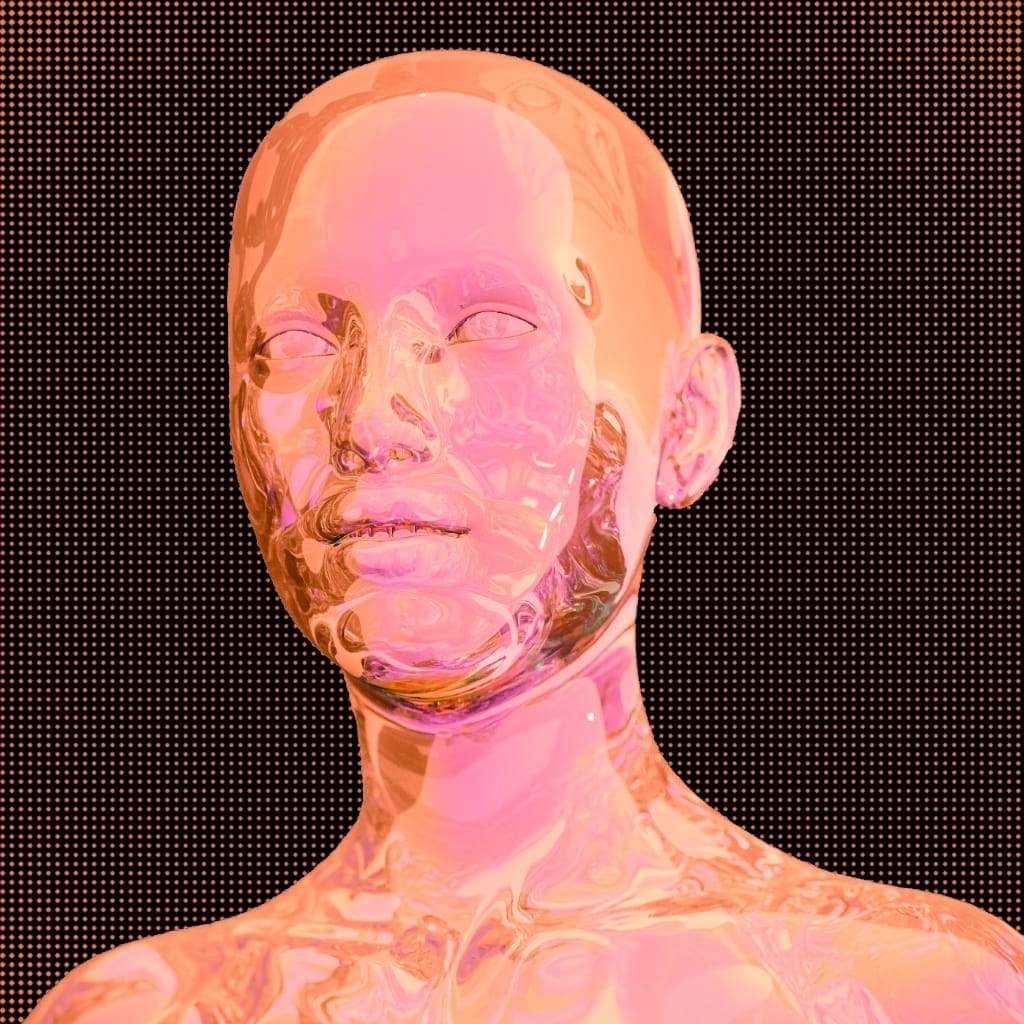
Survivor-Designed AI Therapist
More Capable than we ever thought possible
Tamara Waugh is no stranger to the broken system survivors of sexual harm face. With 12 years of experience in trauma-informed care and systemic advocacy, she’s seen it all. Driven by her own experiences as a sexual harm survivor, Tamara’s frustration with the inadequate, retraumatising services available pushed her to think bigger.
Survivors of sexual harm are often more capable than they’re given credit for, but the system fails them. The bio-medical model is underfunded, riddled with bias, and simply doesn’t work for those who need it most. Tamara’s answer? Milwaka—an AI-powered, trauma-informed, Avatar Therapist designed to empower survivors to take control of their own healing journey.
Let’s break it down.
Milwaka isn’t your average therapy tool. Built on Large Language Models (LLMs), its AI is specifically trained by survivors like Tamara herself. This trauma informed approach eliminates the unconscious bias present in existing AI models and ensures Milwaka can appropriately identify, approach and respond to the verbal cues given by sexual harm survivors.
The Avatar Therapist is where survivors regain control. They design their virtual therapist—from appearance to personality. Users are also able to customise the therapist’s physical form or gender and the tone of voice they use during sessions.
Each session takes place in Virtual Reality, with the use of a VR headset and a wearable ring. This enables the algorithm to collect and respond to biofeedback data such as an increased heart rate, pupil dilation or temperature shift. These cues inform the direction of the session and may prompt the AI to offer a breathwork session, a guided mediation or other alternative depending on the user’s preferences.
Tamara’s vision for Milwaka is simple: accessible and effective healing for all. By reducing wait times for therapy and providing sessions in a format that the survivor determines is meaningful, Milwaka aims to become the tool for survivors to facilitate their own healing.
The market for AI-powered tech in the mental health and sexual harm sectors is growing. Survivors often find that existing therapeutic options lack a personalised approach – and that’s if they are available at all.Too often, survivors find themselves with therapists who aren’t the right fit, compounding their sense of hopelessness.
Milwaka changes that. Survivors control every aspect of their therapy. The therapist, the space and the dynamic of the therapeutic relationship are all in their hands, shifting the power balance and returning agency to the survivor.
Now, Tamara is campaigning for $300,000 to bring Milwaka to life. She’s partnering with a global tech company to launch a beta version for proof of concept and initial testing.
The end goal is to provide 50,000 therapy sessions annually within three years. Initially, these sessions would be hosted in-house by sexual violence support organisations throughout Aotearoa, extending to GPs and community Mental Health agencies.
The ultimate dream is for survivors to have their own equipment, which they can use whenever it suits them, truly empowering them to find healing on their own terms.
To read more about Milwaka:

Recommended reading related to advancing technologies
